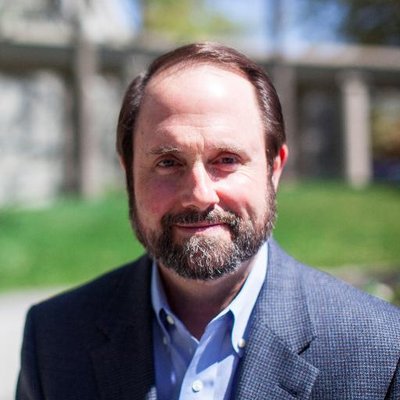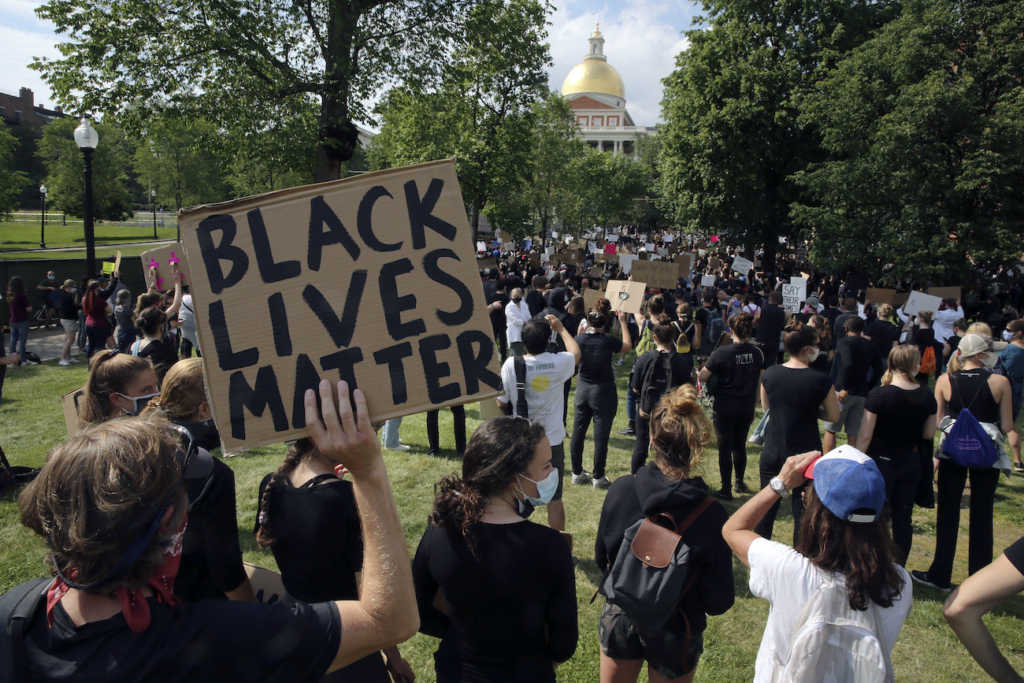The tragic death of George Floyd has galvanized international protests against racism and injustice. The actions of the Minneapolis police officers involved in his death have been condemned by political leaders, celebrities, athletes, and multiplied thousands of people marching in our streets.
We can add police officers to their number.
Chicago Police Superintendent David O. Brown stated, “What took place in Minneapolis earlier this week is absolutely reprehensible and tarnishes the badge nationwide.” New York City Police Commissioner Dermot Shea said in a statement, “What we saw in Minnesota was deeply disturbing. It was wrong.”
Philadelphia’s police commissioner, Danielle M. Outlaw, noted that “throughout the nation, communities of color are tired of reliving atrocities such as this over and over.” And Denver’s police chief, Paul M. Pazen, added that the actions of the Minneapolis officers “are inexcusable and contrary to how we train our officers.”
Police officers have stated they are “disgusted” and that actions such as those of the Minneapolis officers “tarnish the badge.” From New York to Des Moines to Spokane, Washington, members of law enforcement have knelt alongside protesters and marched with them. Police in Texas, Michigan, California, and Florida have done the same.
Their examples and actions answer a question many are asking: How can we respond to the violence in our streets without dismissing the injustice of George Floyd’s death?
The police officers who are working to maintain order and protect their citizens while standing in solidarity with the demonstrators show that we can hold seven facts to be true: (1) George Floyd’s death was a horrific and unjust tragedy; (2) his family is right to be outraged and grieved; (3) his death is just one of many examples of injustice faced by many racial minorities across our country; (4) mass demonstrations are an understandable and justified response to effect systemic change; (5) some protesters have resorted to violence in the belief that peaceful demonstrations are not effective; (6) some are using these demonstrations to commit theft and other crimes unrelated to the cause; (7) some groups are using the protests to initiate violence for their own purposes.
In response, these officers are doing all they can to prevent the victimization of the many while condemning the victimization of the one. And they are standing for systemic changes to the structural racism that pervades and undermines our society.
Their response imitates the example of our Savior.
Jesus condemned injustice (Luke 12:45–46) and violence (Matthew 26:52). He stood for the oppressed and marginalized (Luke 4:18). He loved people of every race (John 4:7–26; Matthew 15:21–28) and cared for the disabled (John 9:1–7) and afflicted (Matthew 8:1–3). He reached out to outcasts (Matthew 9:9–13) and grieved with those in grief (John 11:35).
As the Greek Bishop Irenaeus observed, Jesus became one of us that we might be one with him.
Now it’s our turn to follow his example of incarnational courage and compassion. Jesus founded his church to “assault the gates of hell” (Matthew 16:18, my literal translation). He sends us to make disciples of all “nations” (Matthew 28:19, literally all “ethnicities”). When we serve those in need, he declares that we serve our Savior (Matthew 25:40).
Everything we do to share his love with our broken culture is an act of grace that changes the culture one soul at a time. We cannot measure the eternal significance of present service.
Edward Everett Hale testified: “I am only one, but still I am one. I cannot do everything, but still I can do something. And because I cannot do everything, I will not refuse to do the something that I can do.”
What is the “something” you can do to end violence and racism today?

Jim Denison is Resident Scholar for Ethics with Baylor Scott & White Health and the founder of Denison Forum, with a reach of 1.7 million


